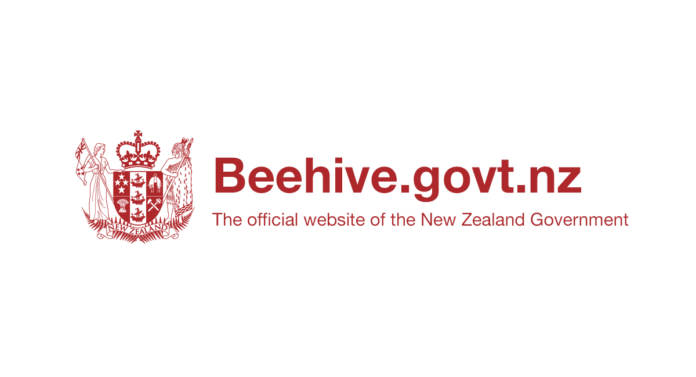Source: New Zealand Government
New measures to help bolster the midwifery workforce as they care for the next generation of New Zealanders, have been announced today by Associate Minister of Health Dr Ayesha Verrall.
“New Zealand’s midwives are committed to the wellbeing of women and whānau, but they’re facing significant challenges. The DHB midwifery workforce has been shrinking, while demand for their services and expertise is increasing,” Ayesha Verrall said.
“In order to support them, clinical coaches will stand shoulder to shoulder with midwives on the maternity wards, as they care for the health and medical needs of pregnant and birthing women.
“New graduate midwives, those coming back into the workforce, and other midwives who need some extra help, will have access to a coach – an experienced DHB midwife who can provide both clinical and wider support.”
The clinical coaching programme was identified by the Midwifery Accord Group as an innovative solution to help stabilise the midwifery workforce.
Over the next three years, $5 million has been committed to support this initiative. This funding will ensure at least one clinical coach will be available at each DHB. DHBs with multiple hospitals, higher birth rates, and/or tertiary levels of care, may receive additional coaching support.
“By providing practical support and further career options, the development of a formal clinical coach role will create a new career pathway for existing midwives, and encourage midwives who have been out of clinical practice to consider a return to midwifery,” Ayesha Verrall said.
Midwives who want to work again after some time away must complete the Return to Practice Programme, to ensure they have the latest training and certifications. Clinical coaches will help them to re-join the workforce.
“I know the cost of the Return to Practice Programme has been a barrier for some people. That’s why additional funding of $1600 per midwife is being made available for up to 40 midwives in the first year, and 60 midwives in further years, to encourage them to refresh their practising certificates and return to this rewarding career.
“These initiatives demonstrate the Government’s commitment to supporting the maternity sector to create a more sustainable workforce, and to deliver quality care to women,” Ayesha Verrall said.
- Funding for the Clinical Coaches and Return to Practice support comes from $35 million set aside for the Maternity Action Plan. $180,000 has already been invested in a clinical guidelines review, and there’s $2.2 million per year for DHB Maternity Quality Safety Programmes, on top of the existing $3.8 million that is already invested in MQSP per year.
- Budget 2020 included the largest ever funding boost for primary maternity services. The Government invested $242 million so maternity service providers, women and their babies can receive more support.
- The Midwifery Accord Group is a commitment between government, DHBs, and midwifery unions to ensure better support for midwives through recruitment and retention, safe staffing in maternity units, and increasing the number of new graduate midwives choosing employment with DHBs.
- Other Accord initiatives include Te Ara ō Hine, a programme to support Māori and Pasifika student midwives through to graduation. Clinical coaches will now be available to support their ongoing clinical learning once they are in practice.



